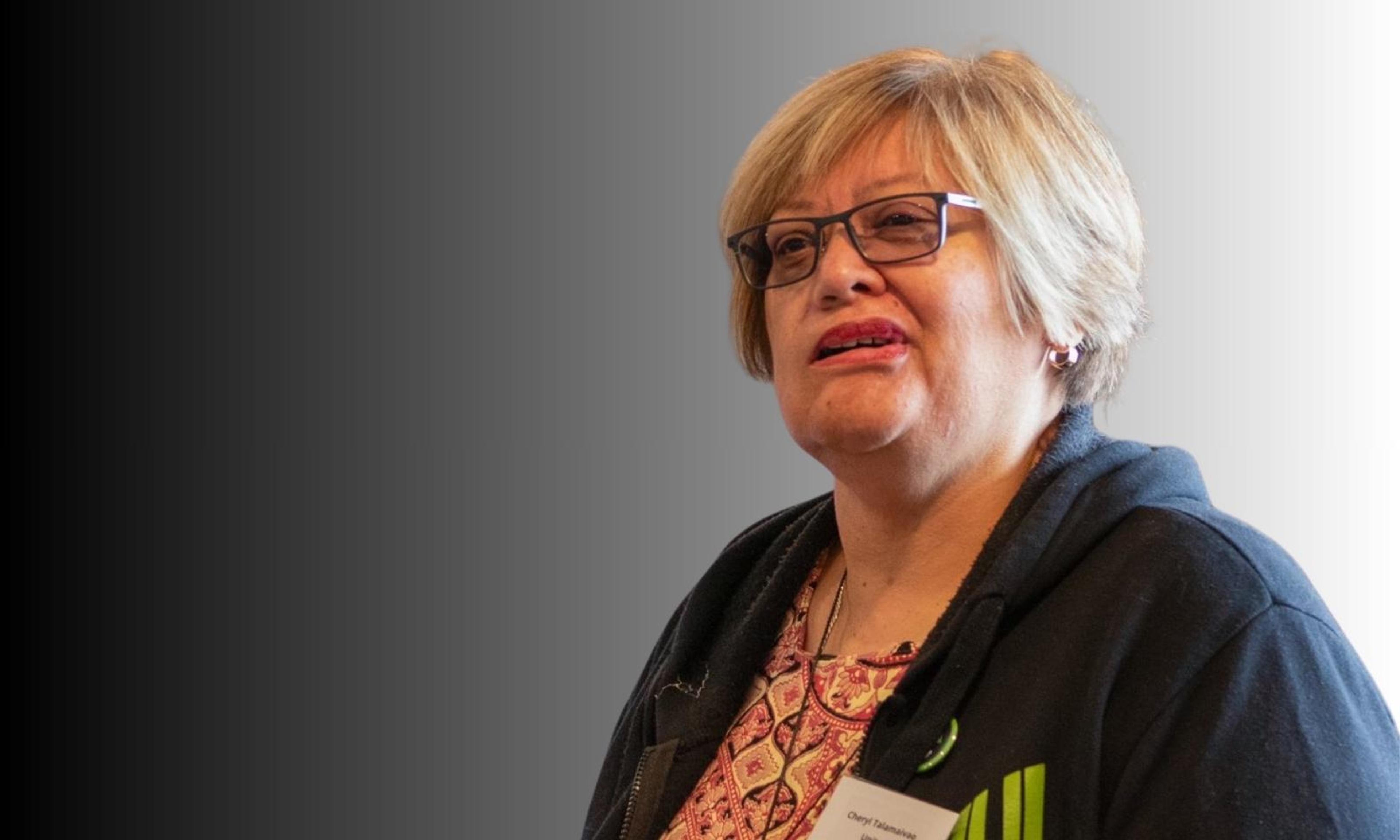

Photo/Ümit Yıldırım on Unsplash
Report finds youth employment and gender gaps in Pacific remains high
The International Labour Organization's latest report has found persisting gender gaps, youth unemployment rates continues to be a concerning issue in the Pacific.



Four decades of Pacific service: Sāmoan senior lecturer recognised in New Year Honours

Forget the resolutions: Here's how you can live with intention in 2026

Pacific eyes on rising US strikes in Venezuela amid deaths at sea


Four decades of Pacific service: Sāmoan senior lecturer recognised in New Year Honours

Forget the resolutions: Here's how you can live with intention in 2026
Despite the Pacific region's economy recovering from the Covid-19 pandemic, new research shows many challenges remain.
The International Labour Organization's (ILO) report has found although in many areas of disparity that the Pacific is doing better than the rest of the world, there are worrying levels of youth unemployment, gender pay gaps and high rates of "informal employment".
Employment specialist and principal author of the report, Christian Viegelahn, says youth unemployment rates are consistently higher compared to adults.
Viegelahn says although an employment gap between youth and adults exists globally that the gaps in other sectors in the Pacific are "particularly pronounced".
"There seems to be a lack of job opportunities available in some of these smaller Pacific Island countries."
He adds that the available jobs in the Pacific are not attractive enough to young locals alongside a skills mismatch for school leavers.
"They certainly possess a certain set of skills but it might not exactly match the needs of the labour market and these are certainly challenges that countries are grappling with."
Digging deeper: gender disparities in the Pacific workforce
The ILO report found despite generally high shares of Pacific women in employment that gender pay gaps endure, while unemployment rates among women in some smaller Pacific countries are significantly higher than among men.
Viegelahn adds that the aforementioned youth unemployment rates also paint a picture of just how many odds are stacked against young Pacific women in particular.
"I think there's a lot of underlying factors starting from the availability of child care throughout the region.
"But also the availability of good quality jobs, that are again attractive enough, for women as well."
What informal employment is and why it's an issue
Viegelahn says informal employment is another issue that he describes as "any type of activity to produce goods or services that are not covered by any sort of formal arrangements".
He says formal arrangements include employment protection, label legislation, social security laws or commercial laws which are put in place to protect workers from exploitative work environments.
"This already captures part of the problem. That's making the quality of these jobs relatively low."
The report states that jobs in Pacific region, other than Australia and New Zealand, are often of poor quality with informal employment remaining high but wages remaining low.
Furthermore, climate change and natural disasters slowed down progress in reducing working poverty where, considering all these factors, explains some of the drivers behind the recent surge in labour migration.
"So, that's why I love our promoting and also helping countries to move towards the formalisation of the informal economy," Viegelahn says.
"Some countries are very interested in that and we have been working together."
Viegelahn says one of the countries is the Solomon Islands where they have recently adopted a national action plan for formalisation.
Additionally, he says they are supporting around eight countries in the Pacific to help them develop national employment policies.
Viegelhan says a lot of policies are typically related to employment and implementing it but require a holistic and contextual approach to raise job quality as that is "where the key challenges in this region lie".
"This range is from market economic policies, sector policies and skills policies but also policies related to social protection and entrepreneurship.
"There's not really one solution that works for all so we are working with the stakeholders in the countries' meaning governments, employers, workers, organisations [and] other stakeholders to find good solutions that are suitable to the particular situation or country.
"We very much hope that this is going to make a concrete and tangible tangible difference over the coming years."